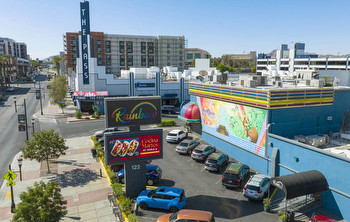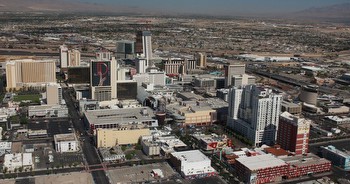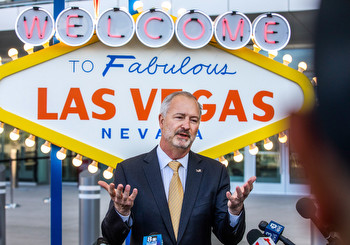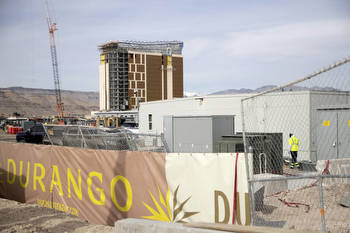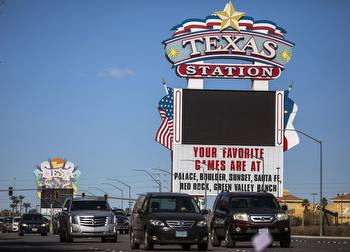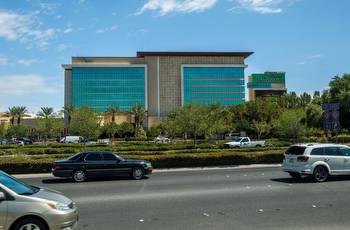Las Vegas locals gaming market; results from Boyd Gaming, Station Casinos

As first-quarter earnings call season hits its peak, gaming industry members are watching several Southern Nevada operators to get the pulse on the Las Vegas locals gaming market.
Wall Street analysts were surprised by financial results announced during Boyd Gaming’s first-quarter earnings call on April 25. Industry watchers say the company could be a bellwether for the regional market.
The company reported declines in revenue, net income and adjusted earnings compared to the same quarter in 2023. Executives attributed the results to winter weather conditions affecting its U.S. regional business, reduced traffic from Hawaii customers into downtown Las Vegas and competition from Station Casinos’ new property, Durango, and increased promotional activity from off-Strip resorts Rio and Palms.
“Broadly, market sentiment has been cautious,” CBRE analyst John Decree said. “Boyd’s earning call last week flashed to investors a little bit of a way that the locals market might not be entirely insulated from some of the broader macroeconomic pressures.”
Dominant locals players
Boyd and Station Casinos’ parent company Red Rock Resorts, both based in Las Vegas, are the two dominant players with locals portfolios. Other businesses in the market include privately owned properties like Rampart and Palms resort-casinos and tavern-style casinos such as the PT’s brand operated by the publicly traded Golden Entertainment.
Analysts have noted several factors that could be contributing to market slowdown: higher operating expenses resulting from increasing wages, a slowdown from lower-rated players and new supply in the market in the form of Durango. Additionally, the market faced tough comparisons to early 2023, when many casinos were still experiencing a pandemic stimulus-related boost in customer spending.
“At present, we think the LV Locals market is likely where regional drive to markets were in 2022, with GGR (gross gaming revenue) having gone negative, and a slow grind lower in GGR likely the environment for the near to medium term,” Deutsche Bank analyst Carlo Santarelli wrote in a research note following Boyd’s earnings call.
Still potential for growth
Despite those factors, market sentiment from businesses is not all sour. Real estate investment trust VICI Properties, the largest landowner on the Strip, used its Thursday earnings call to hint at its interest in other Vegas submarkets, suggesting businesses still see the long-term outlook of the region favorably.
“Where we see potential for growth is in the regional market of Las Vegas and in the downtown market of Las Vegas,” VICI’s President and COO John Payne said on the call. “So you could see VICI continue to grow in the Las Vegas market, and it could be on the Strip, but it also could be in these other areas.”
Decree said industry watchers will look for insight on customer spending levels and Red Rock Resorts’ future development plans during its earnings call on Tuesday afternoon. Most suspect that a market slowing won’t result in lower profits compared to pre-pandemic levels, barring a recession, because of the region’s population growth and increasing mix of high-income earners.
“I think the city and market is structurally different than it was (in 2019). We still have a little bit of softness in the lower tiers of the customer database, but the bigger issue is the cost increases” that stem from macroeconomic inflation and wage increases, he said.
McKenna Ross is a corps member with Report for America, a national service program that places journalists into local newsrooms. Contact her at mross@reviewjournal.com. Follow @mckenna_ross_ on X.









